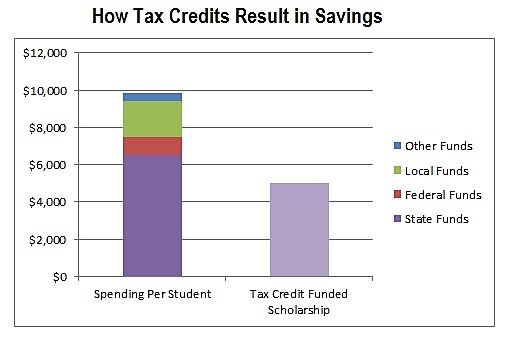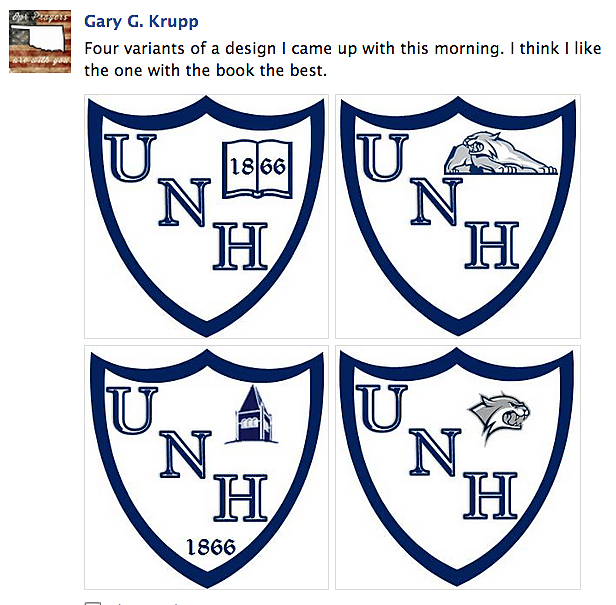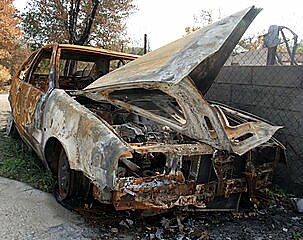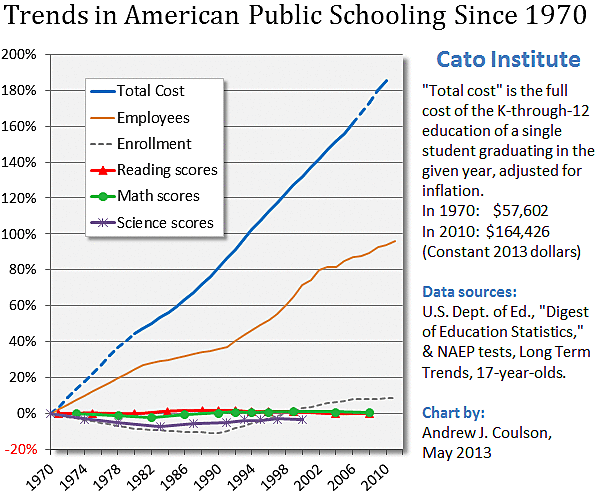By a 4–2 margin, the Colorado Supreme Court has rejected a lawsuit claiming that the state’s method of funding public schools is unconstitutional. It overturned a lower court ruling that had held that the current arrangement of funding fails to meet a requirement in the Colorado constitution that the state operate a “thorough and uniform” system of education. [decision in State v. Lobato via KDVR coverage]
For years, pushing their Lobato case in the court of public opinion, school-spending advocates have been decrying Colorado schools as underfunded. The state has been given a series of bad ratings on education scorecards, many of which turn out on inspection to measure quality by how much money is spent—thus ensuring that Colorado, which spends less than many other states, will come off badly. This one, for example, ranks Colorado at “C‑minus” for reasons that include low overall spending, low teacher salaries, and the state’s failure to fund “induction, mentoring or reduced workloads for new teachers.”
When you measure outputs as opposed to inputs, on the other hand, the state comes off looking far better. In this ranking of SAT scores, Colorado scores 15th among the 50 states, the best performance of any Western state. In this ranking based on 4th and 8th grade testing, Colorado comes in 11th among the 50 states, trailing only Washington among Western states.
But modern school-finance litigation only poses as being about educational quality. Its deeper mission is control—specifically, transferring control over spending from voters and their representatives to litigators whose loyalty is to a mix of ideologues and interest groups sharing a wish for higher spending. As I wrote in a draft chapter on school finance litigation cut for space from my book Schools for Misrule:
In the forty years since the pioneering Serrano v. California (California Supreme Court, 1971) school finance lawsuits have been filed in nearly every state, courts in around half the states have thrown out existing finance systems as unconstitutional, and many of them have ordered states to raise school budgets, not merely change the way in which they are financed. Vast sums have been redistributed as a result. Lawmakers in Kentucky enacted more than a billion dollars in tax hikes. New Jersey adopted its first income tax. Kansas lawmakers levied an additional $755 million in taxes after the state’s high court in peremptory fashion ordered them to double their spending on schools.
While filed on a state-by-state basis, the suits have been very much a coordinated national project. For many years their impetus came from the Ford Foundation and its various grantees, notably the American Civil Liberties Union. Furnishing, presumably, the brains of the operation, law-school-based groups have been instrumental, particularly the Education Law Center at Rutgers Law School in New Jersey. …
The educational establishment had always resented the periodic need to go hat in hand – such a demeaning phrase! – to local electorates for tax and bond measures, as if the voters were somehow the bosses and they the servants. School finance litigation promised a more indulgent master, a jurist or panel of them who (it was hoped) would glance over the rows of costing-out numbers, nod appreciatively and feel good afterward about having done something for the children. … School finance litigation is the ultimate monument to the triumph of governance by litigation at the cost of democracy itself.
Despite the victory in Colorado, there’s no reason to think this war of forty years’ duration (so far) is drawing to a close.




